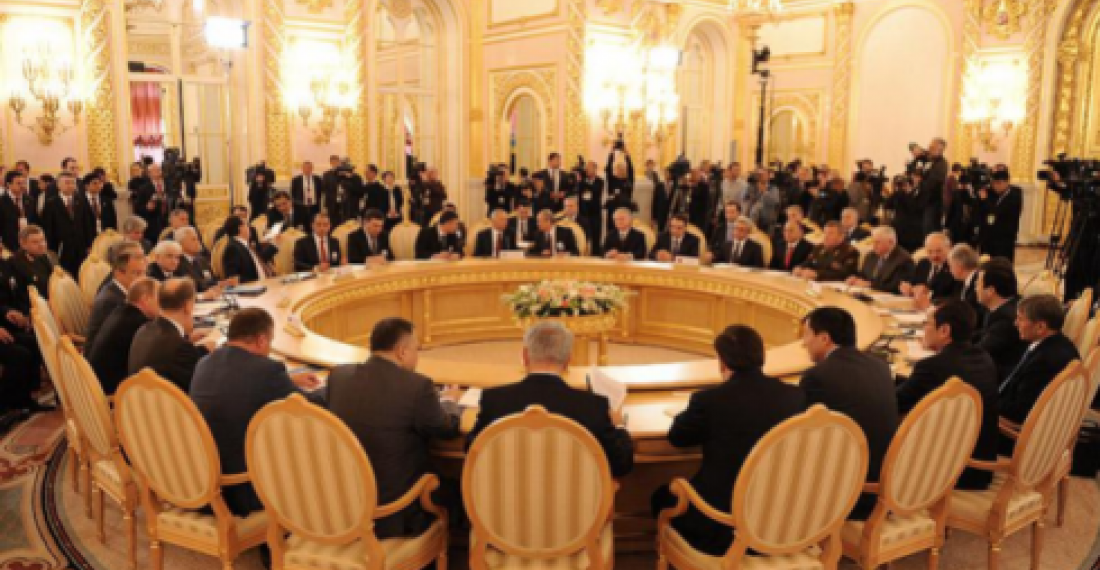The Russian government continues to play a complicated balancing act with regards to the Karabakh issue, and in its relations with Armenia and Azerbaijan.
A summit meeting of the Collective Security Treaty Organisation (CSTO) held in Moscow this week, which was attended by Armenia which is a member, but not by Azerbaijan, which is not, has called for the peaceful settlement of the Nagorno-Karabakh conflict and stressed the principles of non-use of force, territorial integrity and people’s right for self-determination as the basis on which this settlement could be achieved.
On the other hand Russia continues to supply both sides in the Karabakh conflict with vast supplies of arms. Military equipment to Baku is sold at commercial prices, whilst Armenia, which is a member of CSTO gets most of its arms supplies at reduced prices.
Many observers see a contradiction between Moscow's appeals for a peaceful settlement of the conflict, and its military arming of the sides. It stems from Russia's concern that it remains the predominant power in the region which requires the goodwill of both governments. Providing military supplies is one of the strategies in this direction.
On the other hand Russia's diplomatic initiatives around the Karabakh conflict paused over recent months during the Putin-Medvedev job swaps. It is not yet clear how they will be resumed, if at all.
source: commonspace.eu
photo: The CSTO Summit in Moscow on 15th May 2012 was attended by Armenia which is a member but not by Azerbaijan, which is not. (picture courtesy of CSTO).







